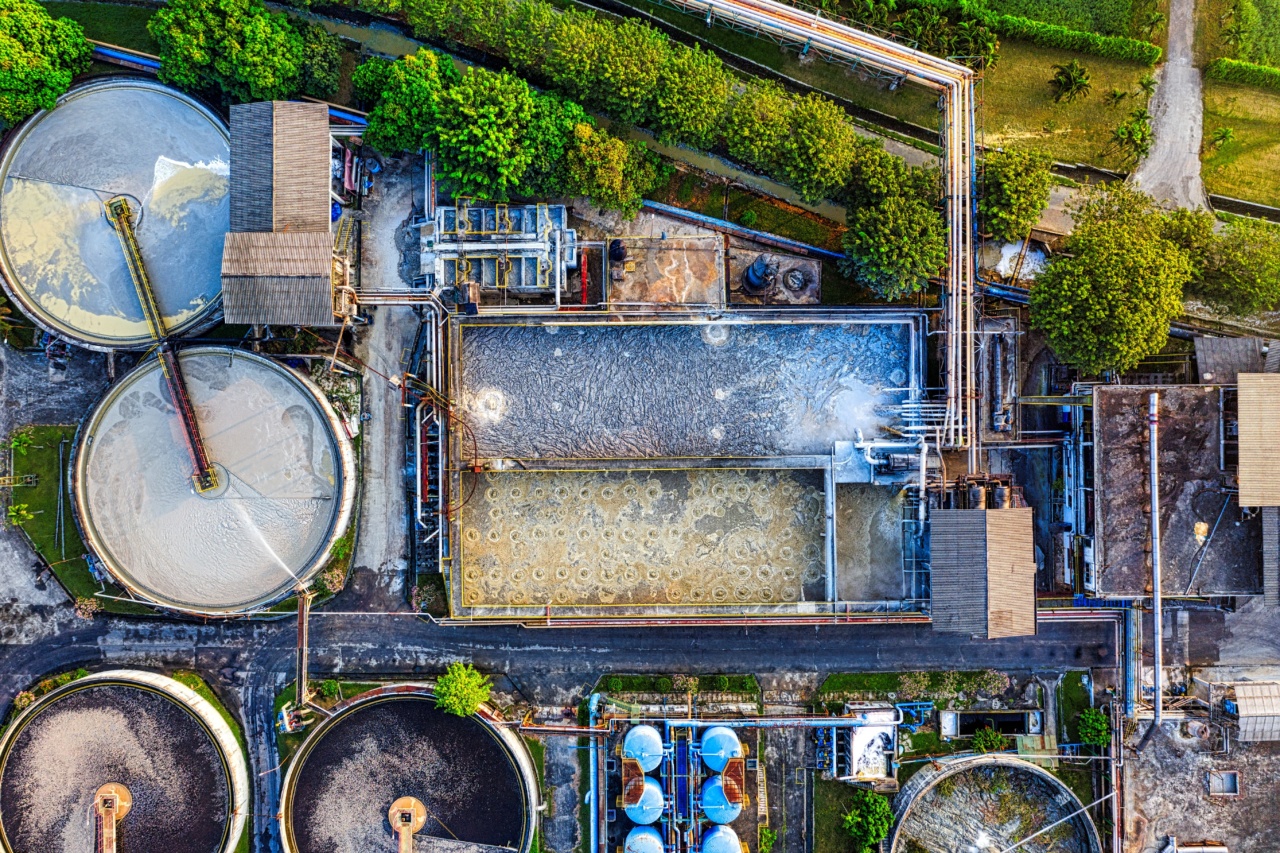Sebum is an oily substance produced by the sebaceous glands in the skin. It plays an important role in keeping the skin healthy and hydrated. However, excessive sebum production can result in oily skin and various skin problems, such as acne.
What is Sebum?
Sebum is a substance that is produced by the sebaceous glands in the skin. The glands are attached to hair follicles and produce an oily substance that travels up the hair shaft and onto the surface of the skin.
Sebum is made up of a combination of lipids, such as fatty acids, cholesterol, and triglycerides.
Sebum is essential for keeping the skin healthy and hydrated. It helps to lubricate and protect the skin, and it also has antimicrobial properties that help to prevent infection.
Sebum also plays a role in regulating body temperature and providing a barrier against environmental factors, such as UV rays and pollutants.
What Causes Excessive Sebum Production?
Excessive sebum production is a common problem that can lead to oily skin and a range of skin problems, such as acne. There are several factors that can contribute to excessive sebum production, including:.
- Hormonal changes – Hormonal changes, such as those that occur during puberty, can cause an increase in sebum production.
- Genetics – Some people may be genetically predisposed to producing more sebum than others.
- Diet – A diet high in processed and sugary foods can contribute to excessive sebum production.
- Stress – Stress can also stimulate sebum production, leading to oily skin.
- Environmental factors – Humidity, pollution, and other environmental factors can also contribute to excessive sebum production.
The Effects of Excessive Sebum Production
Excessive sebum production can lead to a range of skin problems, including:.
- Oily skin – Excess sebum can leave the skin feeling oily and greasy.
- Acne – The excess sebum can clog pores and lead to the formation of pimples, blackheads, and whiteheads.
- Seborrheic dermatitis – This is a condition in which the skin becomes inflamed, itchy, and scaly.
Managing sebum production is important in preventing these skin problems and maintaining healthy skin.
Managing Sebum Production
There are several strategies that can be used to manage sebum production and prevent skin problems:.
- Gentle cleansing – Cleansing the skin with a gentle cleanser can help to remove excess sebum and prevent the formation of acne. However, harsh cleansers can strip the skin of its natural oils and lead to increased sebum production.
- Avoiding harsh products – Avoiding products that contain alcohol, fragrance, and other harsh ingredients can help to prevent irritation and excessive sebum production.
- Eating a healthy diet – A diet rich in fruits, vegetables, and healthy fats can help to regulate sebum production and promote healthy skin.
- Managing stress – Managing stress through techniques such as meditation, yoga, and exercise can help to reduce sebum production and prevent skin problems.
- Using skincare products that contain salicylic acid or benzoyl peroxide – These ingredients can help to unclog pores and reduce sebum production.
- Maintaining a healthy lifestyle – Getting enough sleep, staying hydrated, and avoiding smoking and excessive alcohol consumption can all help to regulate sebum production and promote healthy skin.
Conclusion
Sebum production is an important process that helps to keep the skin healthy and hydrated. However, excessive sebum production can lead to oily skin and a range of skin problems, such as acne.
Managing sebum production through gentle cleansing, healthy lifestyle choices, and the use of skincare products can help to prevent these problems and maintain healthy skin.





























